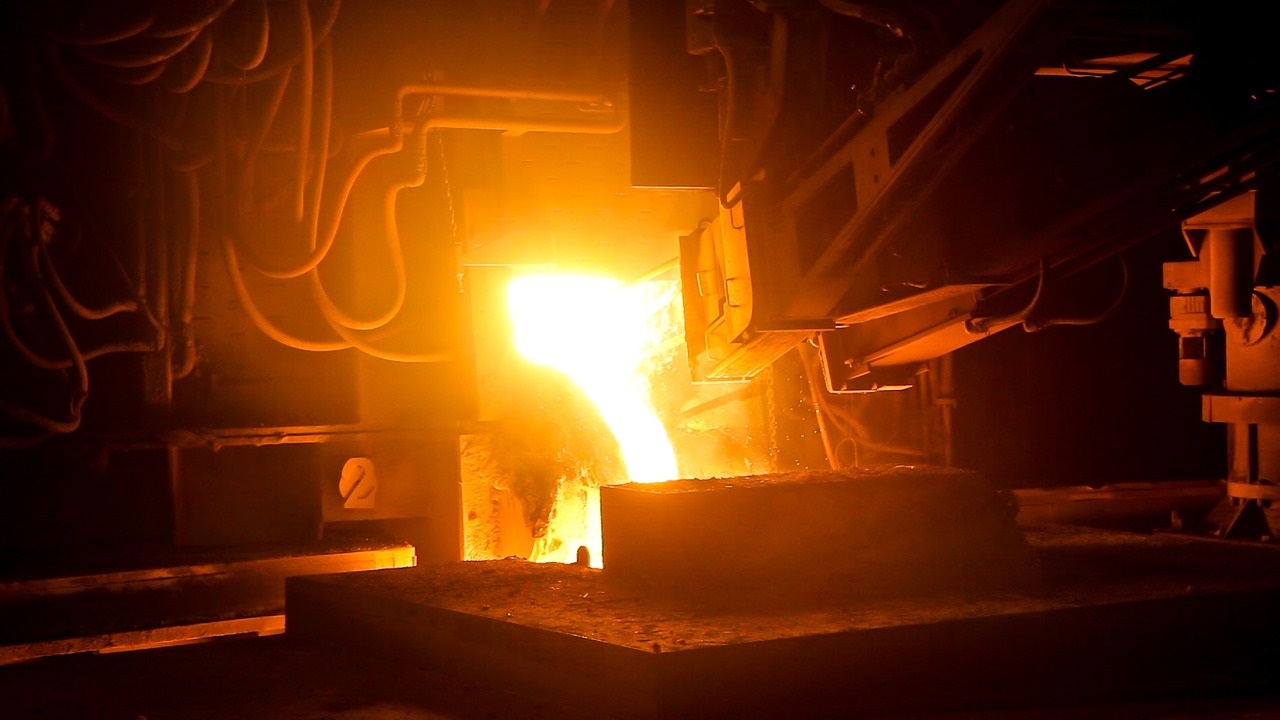When it comes to the automotive industry, precision and performance are paramount. Manufacturers constantly seek ways to enhance the quality, strength, and reliability of their auto parts to meet the demands of modern vehicles. One essential aspect of achieving these goals is custom mold making, a critical step in the forging process. In this article, we will explore how custom mold-making plays a pivotal role in the success of automotive forging. Moreover, to gain a deeper understanding of forging techniques in the automotive sector, go now and explore the website dedicated to this topic.
The Significance of Forging in the Automotive Industry
Forging is a manufacturing process that involves shaping metal by applying pressure through various techniques such as hot die forging, warm extrusion, and cold forging. In the automotive sector, the use of forged components has become indispensable due to their exceptional properties. Forged auto parts exhibit increased strength, impact resistance, fatigue resistance, and longevity compared to parts produced by alternative methods like casting or machining.
The Role of Custom Mold Making
Custom mold making is a specialized aspect of forging that involves the design and fabrication of molds tailored to the specific requirements of automotive components. Here's why custom mold making is a crucial factor in the success of automotive forging:
Precision and Consistency
Custom molds are meticulously designed to produce auto parts with precise dimensions and tolerances. This level of precision ensures that the forged components meet the exact specifications needed for their intended applications. Consistency in part dimensions is vital for assembly line manufacturing, where even minor variations can lead to operational issues.
Complex Geometries
Modern vehicles incorporate intricate and complex components, necessitating the need for custom molds. These molds enable the production of auto parts with complex geometries, such as engine components, transmission parts, and suspension systems. Custom molds ensure that these parts are forged with the accuracy and intricacy required for optimal performance.
Material Flexibility
Custom mold making allows manufacturers to work with a wide range of materials, including carbon steel, alloy steel, aluminum alloy, and stainless steel. This versatility is crucial in meeting the diverse material requirements of different automotive applications. For example, forged aluminum parts are gaining prominence in electric vehicles due to their lightweight yet strong properties.
Reduced Machining Requirements
One of the advantages of custom mold forging is the near-net shape of the forged components. This means that the parts require minimal post-forging machining, saving both time and money. Reduced machining not only enhances efficiency but also contributes to cost-effectiveness in the manufacturing process.
Enhanced Performance
Custom molds play a pivotal role in achieving the high-performance standards expected in the automotive industry. Forged auto parts exhibit superior mechanical properties, including increased hardness, ductility, and workability. These properties are essential for ensuring that the parts withstand the rigorous demands of vehicle operation.
Future Prospects
As the automotive industry continues to evolve, the demand for custom mold forging is expected to grow. With the rise of electric vehicles and the push for more sustainable transportation solutions, the need for lightweight, high-performance components will become even more critical. Custom mold-making will enable manufacturers to meet these evolving requirements and contribute to the advancement of automotive technology.
Conclusion
Custom mold making is undeniably a key factor in the success of automotive forging. It empowers manufacturers to produce forged auto parts that meet the stringent demands of the automotive industry, including precision, strength, and performance. As the automotive landscape evolves, custom mold forging will continue to drive innovation and shape the future of vehicle manufacturing.


